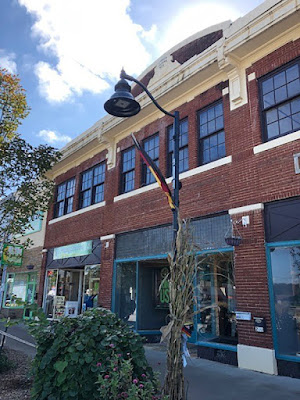Standard due dates
- April 30: The new law requires each taxing jurisdiction to use the standard business license tax payment due date of April 30.
- May 1: Beginning each May 1, jurisdictions may assess penalties for those businesses that missed the April 30 deadline. The law allows each city, town or county to set the amount of a late penalty, if the local government has one.
The standard due date in Act 176 aims to create an easier process for businesses, as it allows them to pay their license taxes to all of the jurisdictions where they work within the state at the same time. Previously, businesses had to keep track of various business license due dates set by taxing jurisdictions that fell throughout the year. This led to confusion and missed payments.
Standard application
Act 176 requires that all taxing jurisdictions accept a standard business license application beginning January 1, 2022.
Originally developed by the SC Business Licensing Officials Association in 2014, the standard business license application allows businesses to use the same form anywhere they do business in the state. Having been developed by business licensing officials, the standard application contains all of the information any city or town needs to help a business start operating in its jurisdiction.
The standard application saves businesses time when they start to operate in a city, town or county. Rather than complete a unique business license application for every city or town, business owners may fill in their business’s information on the standard application, duplicate the application and then fill in the job-specific information for the cities or towns as they work across the state.
More resources
- Cities and towns can seek information on specific business license standardization questions by contacting their business license standardization liaison at the Association.
- The Municipal Association’s standardization webpage outlines a seven-step process for standardizing business license practices.
- The City Quick Connect podcast has episodes that give an overview of the process, explain issues involving data, explain the model ordinance and discuss rebalancing. In the most recent episode, the Municipal Association’s Manager for Collection Programs Caitlin Cothran explains standardizing the payment due date and standard business license applications.




